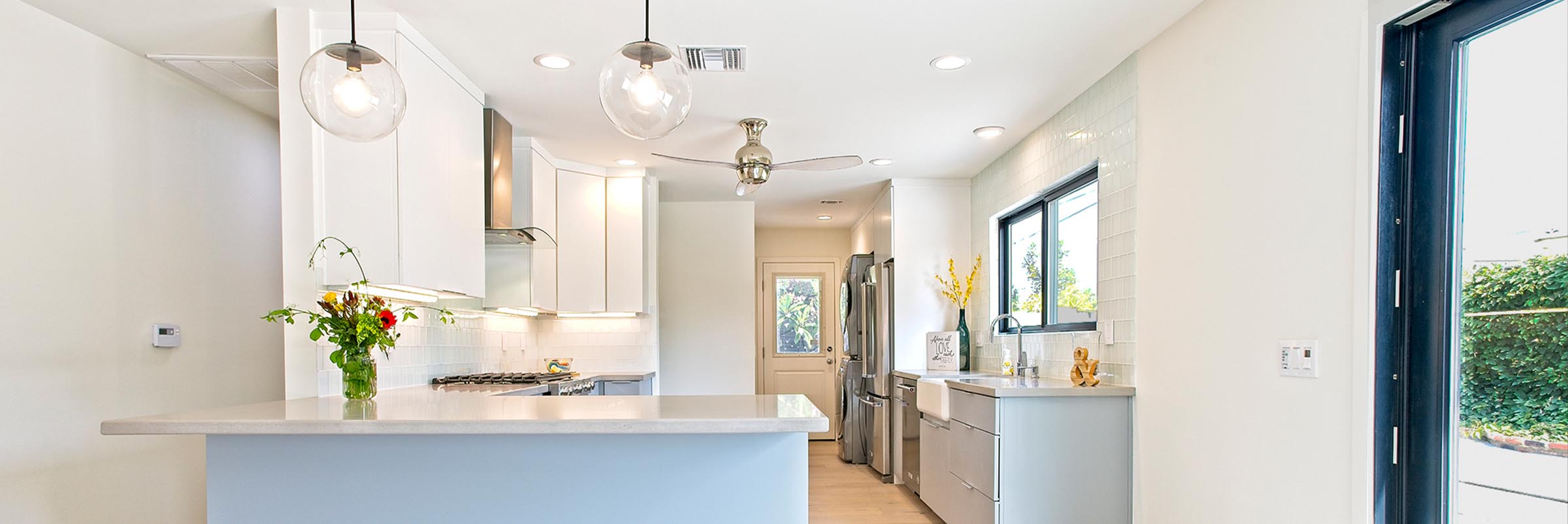During our 30+ years in business we've experienced many challenges and obstacles; you name it and we’ve encountered it. Therefore, we realize that selecting a contractor can sometimes be a daunting task and would like to assist you in your decision making by providing the following list of Frequently Asked Questions.**
What kind of contractor do I need?
There are 43 different types of contractor licenses, including general and specialty contractors. General building contractors typically oversee projects and coordinate the specific subcontractors for a job. Specialty or subcontractors are usually hired to perform a specific trade. If the job requires more than two types of work on a building, then it is appropriate for a licensed general contractor to contract for and oversee the entire project.
Should I use a licensed contractor?
Yes. In California, any job that costs $500 or more for material and labor must be performed by a contractor who holds a current, valid license from the Contractors State License Board in the specialty for which he is contracting. To verify whether or not they are licensed, you can call 800-321-2752 or go to www.cslb.ca.gov to verify if their license is valid and active. [Verify our license here.]
Do I need to check the contractor's references?
Yes. Ask the contractor for local references and call them to see if they were satisfied with the contractor's work. Skilled contractors will be proud to take credit for their work and truly satisfied customers will be happy to share their story. Keep in mind that the person you hire will be working in and around your home and family for the duration of the project. You may also want to check the contractor out with the Better Business Bureau. [Check out our BBB rating here.] [View our Testimonials, References & Reviews here.]
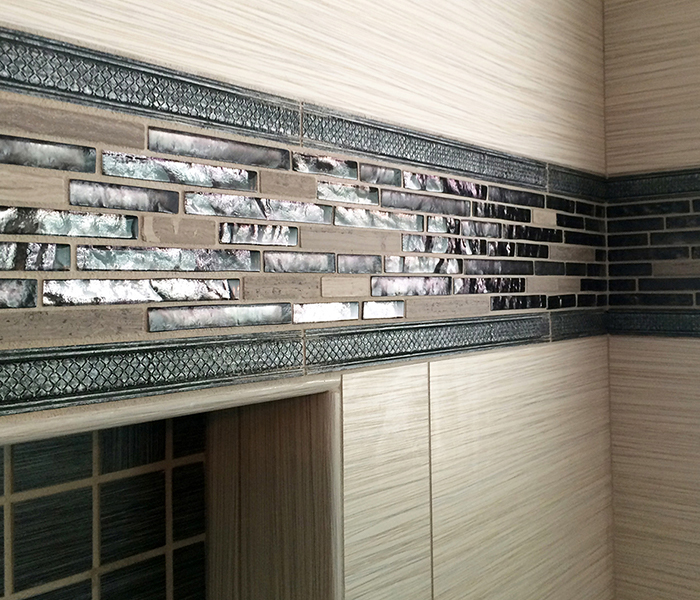


Is Workers' Compensation & General Liability Insurance coverage required?
Yes. If anyone other than the owner is employed to perform work on your project, workers' compensation insurance is required. Ask the contractor if the company is insured against claims covering workers' compensation, property damage and personal liability in case of accidents. Ask to see a copy of their certificate(s) of insurance. [See our Workers' Compensation & General Liability certificates here.]
How many proposals should I get?
Always solicit at least three proposals for the work you need in order to get an idea of an appropriate price range. Do not automatically accept the lowest bid. Make sure all proposals are based on the same set of specifications, materials and scope of work. Discuss the proposals in detail with each contractor and make sure you understand the reasons for any variations in price. Take into consideration the length of time in business, company size, insurance and overhead—ensuring that you are comparing apples to apples. Beware of any proposal substantially lower than the others; this could be a sign of substandard materials and/or unskilled labor. Don’t forget the old adage, “If the offer sounds too good to be true, it probably is!”
Do I need a signed contract?
Since a written contract protects both you and the contractor, all agreements should be put in writing to prevent misunderstandings and disputes down the road. It should include everything you have agreed upon and the extent of work to be done. Never sign a blank or partially blank contract. Get a copy of the contract as soon as you sign it, and keep it for your records. Both you and the contractor are bound by everything set forth in the contract, so read it carefully before you sign. Be sure the financial terms are clear. The contract should include the total price, when payments are due and whether there is a cancellation penalty. On any home improvement job, you should expect to make a down payment (10% or $1000, whichever is least). The contract should specify all materials to be used, such as the quality, quantity, weight, color, size or brand name as it may apply. If you add work, substitute materials or equipment or change the completion date, make sure that clearly worded and signed “change orders” reflect this, then keep them in your files with your original contract.
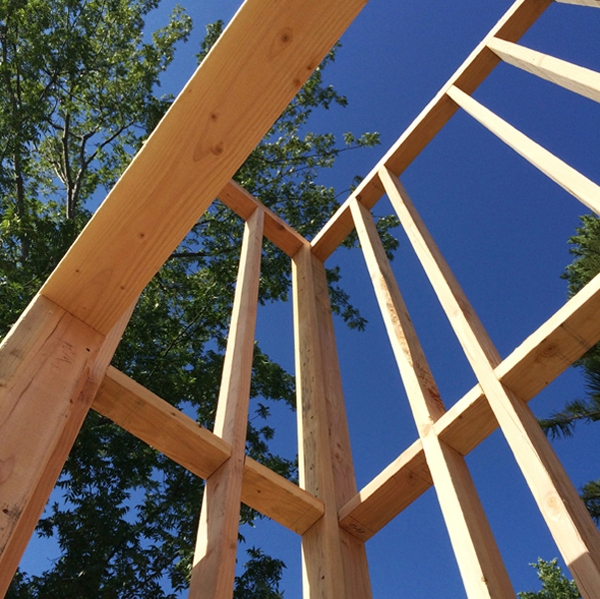


Will there be delays or inconveniences?
In most cases you will be living in your home while the work is being done. You should be aware that inconveniences will occur. Exterior walls may be taken down, water and/or power shut off, or bathroom & kitchen facilities temporarily disconnected. Dust and debris will be an everyday occurrence (although we'll do our best to keep it contained). Before work begins, ask in advance what difficulties may arise and then plan for them. That way, both you and your contractor are likely to avoid conflicts when inconveniences actually do occur.
[Read satirical article on this topic by Remodeling Magazine's editor Craig Webb]
How do I determine an accurate budget?
Know exactly what you can afford and want to spend, and then build in a 10% cushion for any upgrades and/or potential changes. If you can't afford everything you want, decide what’s most important now (and what can wait until later) so you can get both projects done satisfactorily without having to cut corners to squeeze both into one budget.
What is a preliminary notice?
Don’t be alarmed, preliminary notices are normal; they are basically a confirmation from our vendors and subcontractors that they will be supplying their products and/or services on your project.

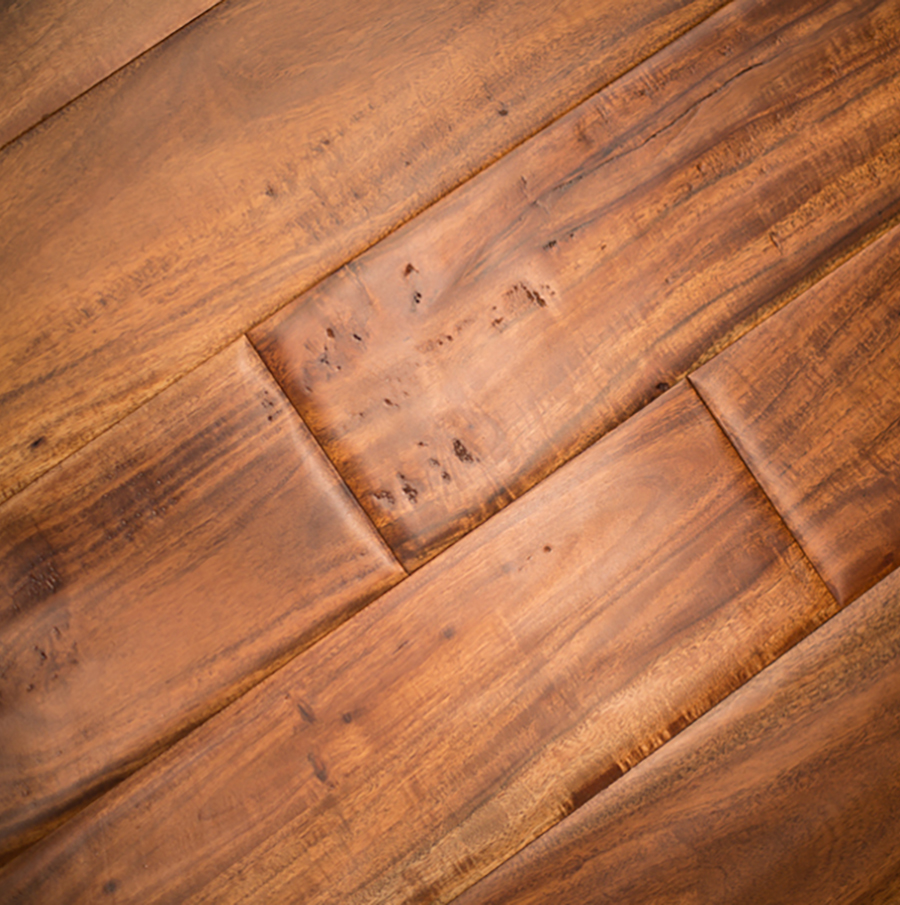
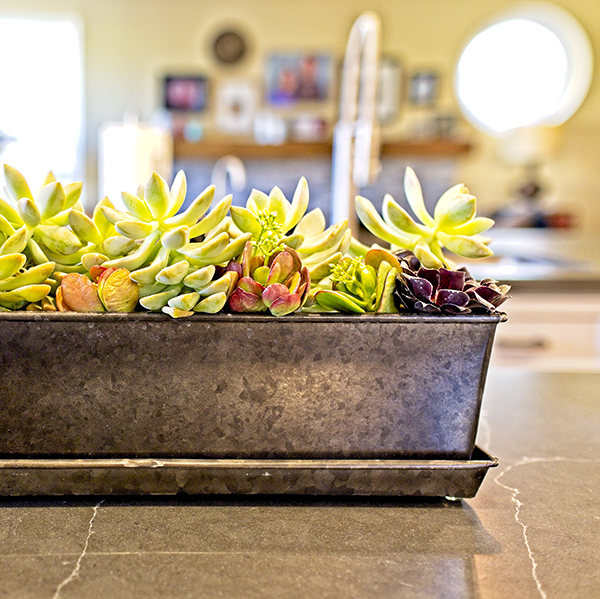
How can I help things run smoothly?
Remember these things:
- Change is inevitable—Know that you will make changes along the way and that they will almost always extend the length of the project, pushing back the completion date. (Refer to Terms & Conditions of Construction Contract)
- Rome wasn’t built in a day—The best job may not always be the quickest job; you can't rush perfection. In today’s microwave society, we sometimes forget that quality work takes time.
- Be a team player—You and your contractor are on the same team; working together toward the shared goal of a successful project.
What do I do when the project is complete?
Relax—The work is done, there’s no more dust and no more noise; it's time for you & your family to enjoy your perfect (and painless) project. You dreamt it, we built it!
**Taken in part from the CSLB Booklet "What Should You Know Before You Hire A Contractor".
